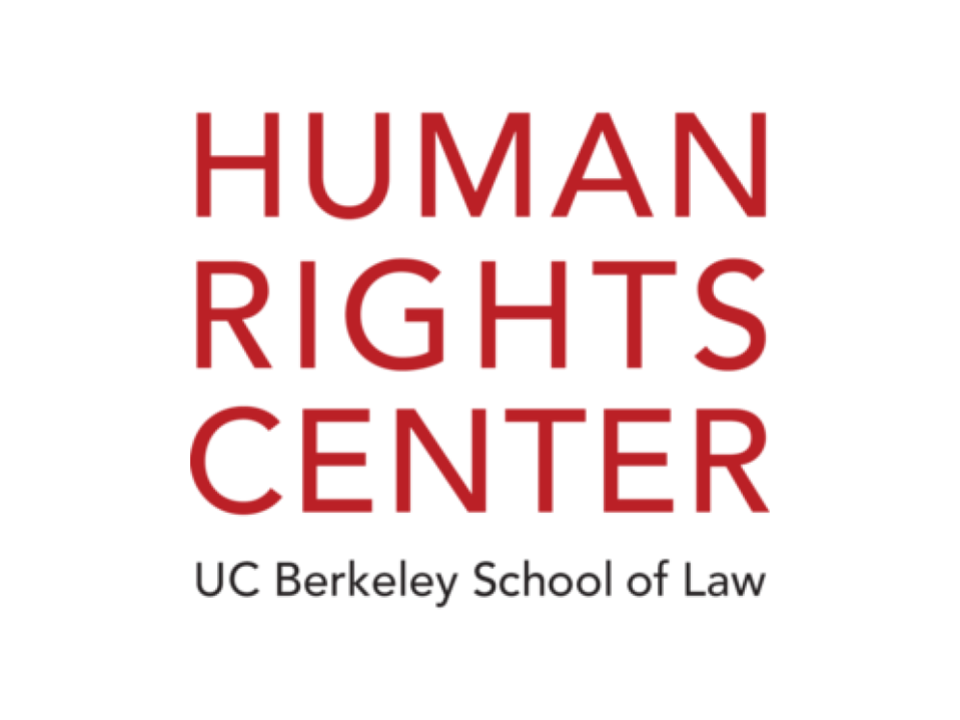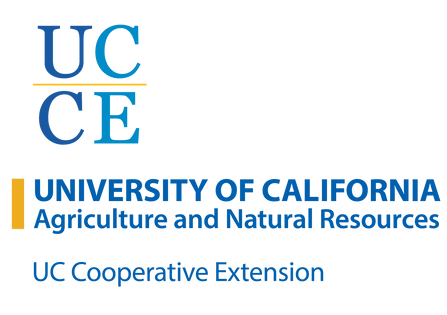
Science tells us that changes in climate create hotter, drier conditions, which lead to longer and more active fire seasons. When wildfires occur, evacuation orders may be issued that require immediate removal of all people inside the geographic area due to high risk to the general public. Following consecutive seasons of devastating wildfires, California passed legislation in 2021 laying the groundwork for counties to adopt formal programs authorizing potential re-entry to wildfire evacuation zones for limited livestock personnel. This legislation has been built upon by counties to create Agricultural Pass (“Ag Pass”) programs that allow farm owners and full-time agricultural employees potential access to evacuated areas during wildfires. While these programs may expand work opportunities for farmworkers and ensure more consistent income during climate crises, they do not account for the economic pressure farmworkers face to work despite potential risks to their short and long term health. These programs may also facilitate increased access for law enforcement to agricultural workers’ personal identifying information and raise concerns about the safety of working in a wildfire evacuation zone. These issues may be exacerbated by structural factors farmworkers face including limited access to healthcare, restricted access to disaster economic benefits, limited English proficiency, and racial discrimination.
The Climate Justice Program at the UC Berkeley Human Rights Center and Carly Hyland, an Assistant Professor of Cooperative Extension in the UC Berkeley School of Public Health, are engaged in research to examine the health, physical safety, economic security, and data privacy of farmworkers in relation to the Ag Pass program in Sonoma County. We are conducting extensive legal and policy research and analysis and key information interviews with various stakeholders for this research. We have also partnered with a community engagement team to administer surveys to over 1,000 farmworkers examining their experiences working in wildfires.
Our research and analysis is directly informing recommendations to improve the Sonoma Ag Pass program, state regulatory oversight, and broader interventions to strengthen protections for agricultural workers returning to wildfire areas across California.
Partners



